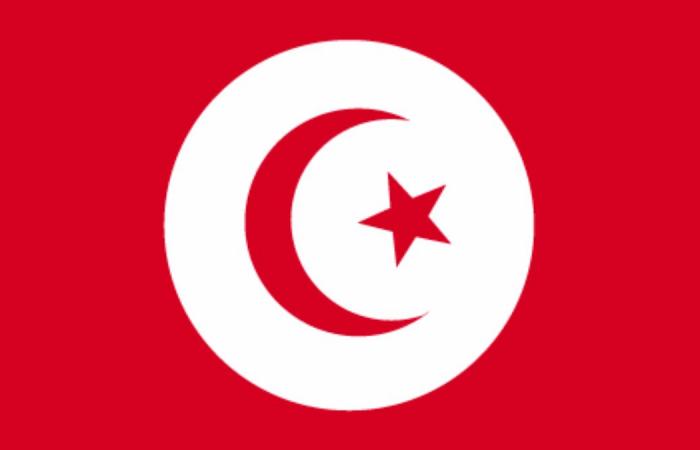Tunisian lawyer and columnist Sonia Dahmani, known for her virulent criticism, was sentenced to eight months in prison for openly criticizing President Kaïs Saïed.
Tunisian lawyer and columnist Sonia Dahmani, known for her outspokenness, was sentenced to eight months in prison after openly criticizing President Kais Saied during a television show. The case, which raises many questions about freedom of expression in Tunisia, has sent shockwaves through the country and beyond. What is behind this conviction, which seems to be part of a context of increasing repression?
Ironic remarks that disturb
The affair began last May when Sonia Dahmani, during a televised intervention, made ironic remarks about the situation in the country. In response to another columnist who claimed that sub-Saharan migrants were seeking to settle permanently in Tunisia, she said: “What extraordinary country are we talking about?” These remarks earned her a live arrest and a charge of spreading false information and inciting hatred.
This type of statement, although ironic, seems to have crossed a red line under the regime of Kaïs Saïed, whose criticism has been increasing in the face of his authoritarian management of the country since the coup of July 2021.
A live arrest that shocks public opinion
On May 11, 2023, while speaking live during a broadcast, Sonia Dahmani was arrested by masked police officers. The surreal scene sparked a wave of protests and strikes. For many, this arrest symbolizes an authoritarian drift, where judicial repression becomes the main tool to silence critical voices of power.
His lawyers denounce a ” strip search ” and mistreatment during his detention, while his younger sister describes a humiliating and degrading situation. This case quickly goes beyond the national framework, and international organizations are beginning to take a close interest in this case.
Judicial harassment under the cover of a presidential decree
Sonia Dahmani is convicted under Presidential Decree 54 on the dissemination of false news, a law introduced in September 2022 that has been widely criticized for its broad interpretation. Since its entry into force, more than 60 journalists, lawyers, and opposition figures have been prosecuted or convicted on this basis.
Dahmani’s case seems symptomatic of this growing repression. His lawyers speak of a real “judicial harassment”, where the defense did not even have the opportunity to plead for his release. The French lawyer Pierre-François Feltesse, who is part of his defense committee, has even announced his intention to refer the matter to the UN Working Group on Arbitrary Detention.
A case that raises questions about freedom of expression in Tunisia
This conviction rekindles the debate on the state of freedom of expression in Tunisia. Although Kaïs Saïed was democratically elected in 2019, his power has taken a worrying turn since the coup in 2021. Criticism of his regime is increasing, while dissenting voices, whether political or media, are increasingly repressed.
Human rights activists fear that this case is just one example of the president’s authoritarian drift. For them, Decree 54 is becoming a political weapon designed to neutralize any opposition, and the Dahmani affair could be a worrying signal for the future of individual freedoms in Tunisia.






